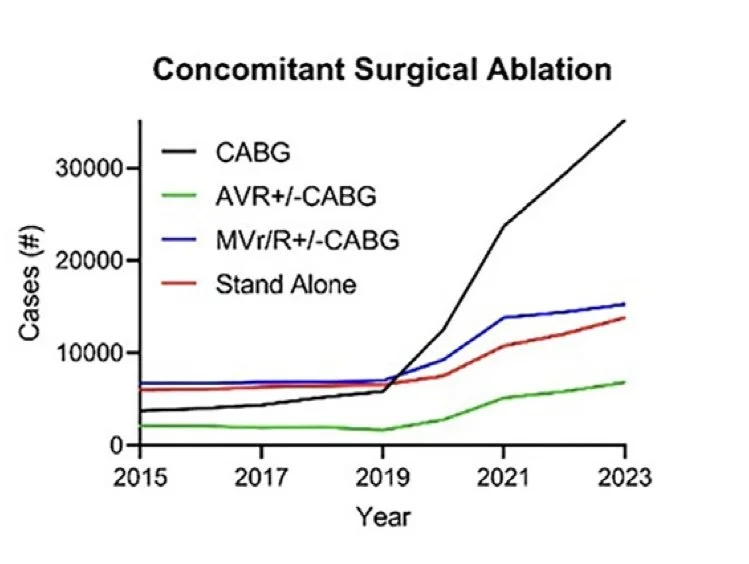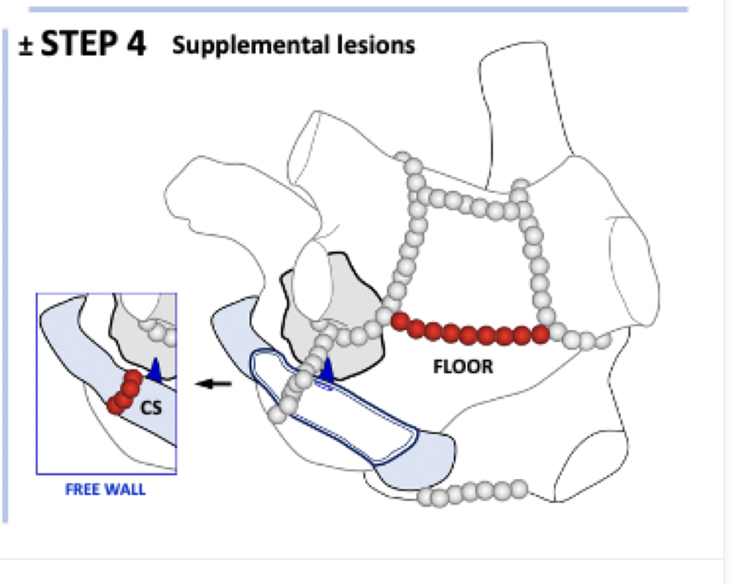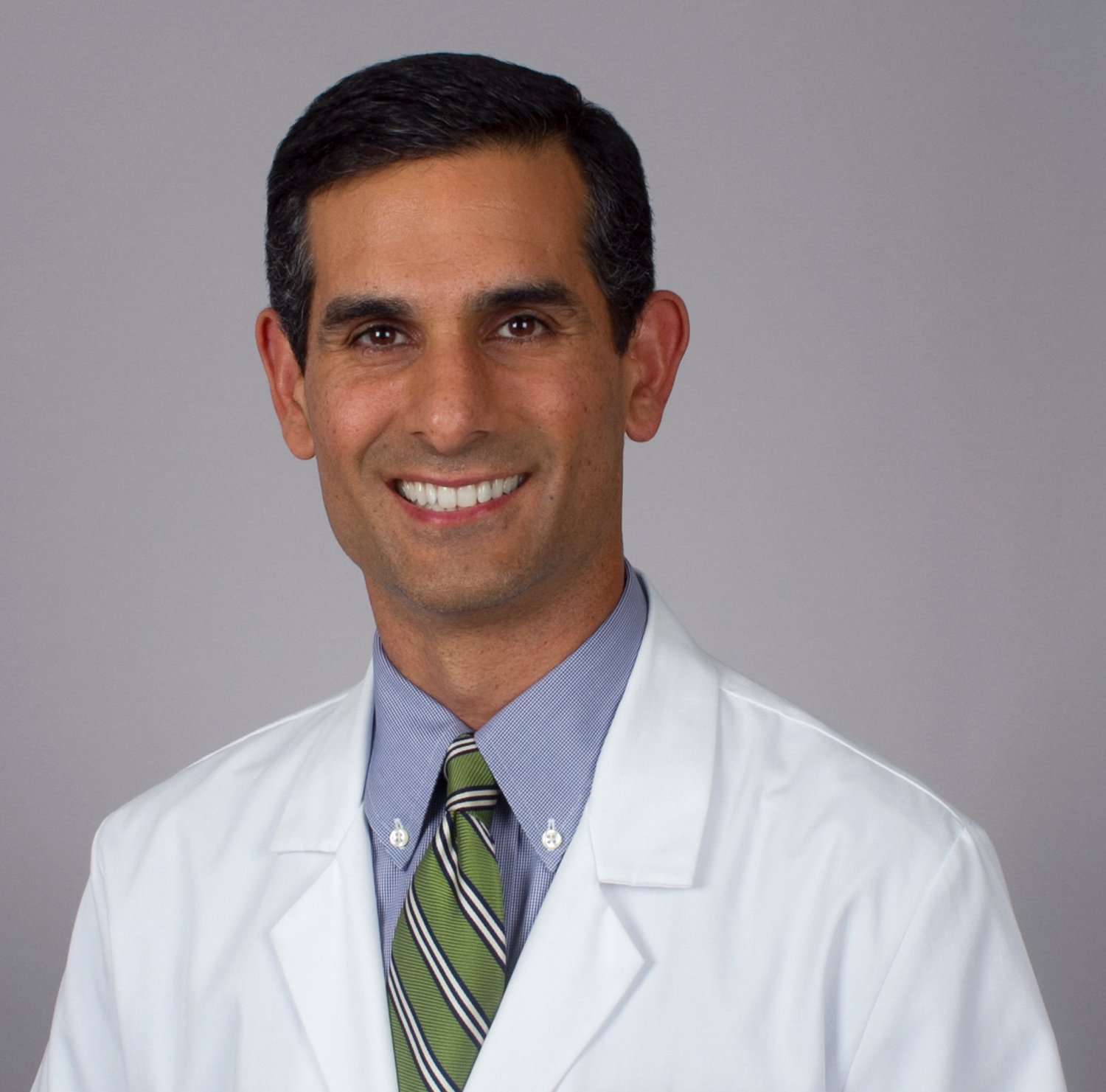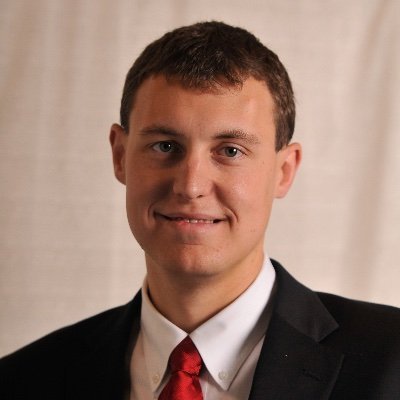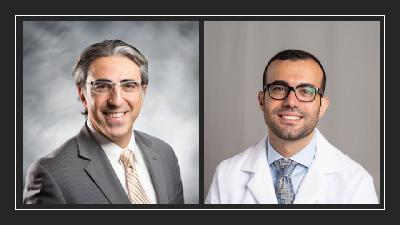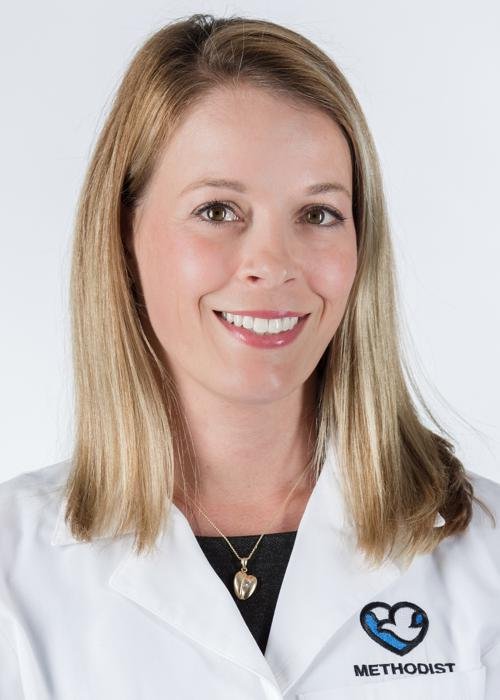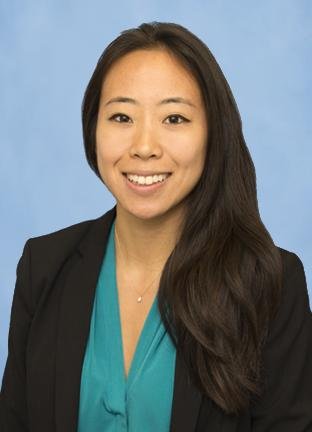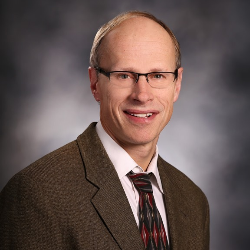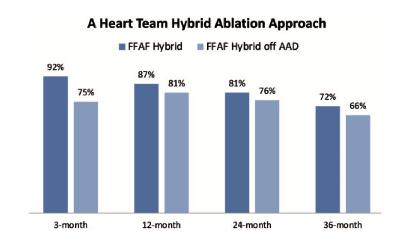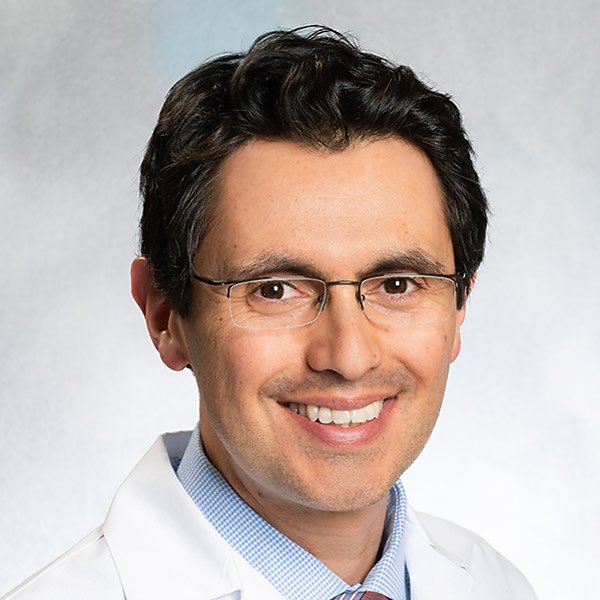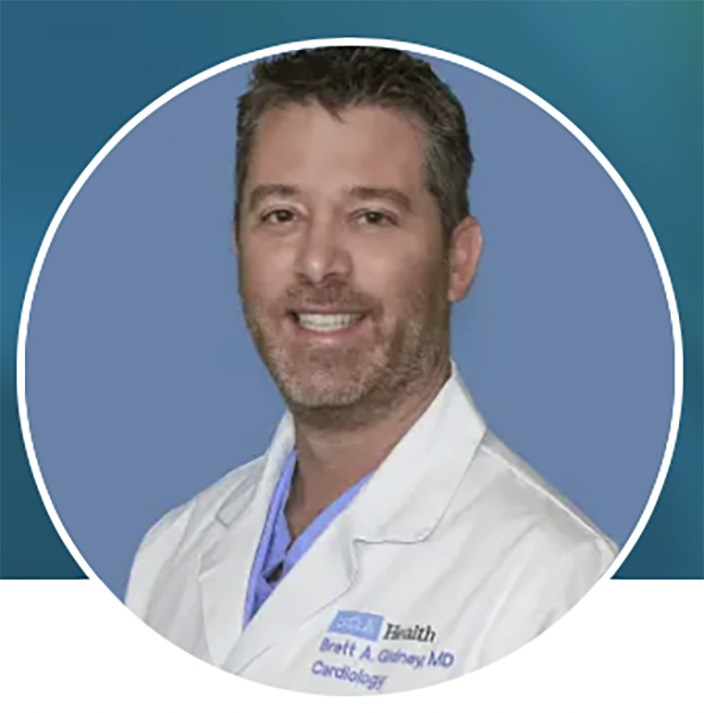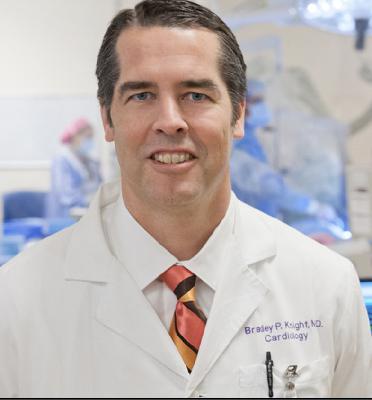Discover All Things Afib
All Things Afib

34 Episodes
Reverse
Manuscript Link:https://pubmed.ncbi.nlm.nih.gov/39153715/
Manuscript Link:https://www.jacc.org/doi/10.1016/j.jcmg.2025.03.013
https://www.annalsthoracicsurgery.org/article/S0003-4975(25)00543-0/abstract
In this episode, I speak with Dr. Vinay Badhwar, an internationally recognized master cardiac valve surgeon, and an expert in complex mitral valve repair, atrial fibrillation surgery, minimally invasive valve surgery, and robotic surgery. The main topic under discussion is Dr. Vinay’s paper, “Robotic-assisted Cryothermic Cox Maze for Persistent Atrial Fibrillation: Longitudinal Follow-up” by Badhwar et al. Key points from the paper: ObjectivesSurgical ablation of atrial fibrillation (AF) is recommended as a stand-alone therapy for patients refractory to medical or catheter-based treatment, or as a concomitant therapy when associated with structural disease. We report a single-therapy robotic approach to the Cox Maze with longitudinal follow-up.MethodsConsecutive patients who underwent robotic biatrial cryothermic Cox Maze for nonparoxysmal AF between November 2016 and January 2022 were examined at 1, 2, 3, 6, 9, 12, 18, 24, 36, 48, and 60 months. Freedom from atrial tachyarrhythmias (ATA) was assessed with 24-hour continuous ECG or pacemaker interrogation in all patients after 6 months. Mean follow-up was 17 ± 14.5 months (Range 1-60 months). Time to event analysis with competing risks was used to determine risk-adjusted associations with late outcomes.ResultsPatients (n=135) had a median AF duration of 4.0 years [IQR 0.8-7.0], with 29.6% failing one or more catheter ablations. Stand-alone Maze was performed in 25.2%, while 61.4% underwent concomitant robotic mitral valve (MV) surgery, 7.4% tricuspid valve repair, and 4.4% aortic valve replacement (AVR). No patients were discharged in AF. There were 3 operative mortalities (2.2%), none in stand-alone patients. One patient required catheter ablation at 8 months postoperatively, and one had a non-embolic stroke at 18 months. There were 9 late deaths. Freedom from ATA and anti-arrhythmic drugs (AAD) at 9, 12, 18, 24, 36, and 48 months was 97.0%, 96.7%, 98.1%, 97.1%, and 100%, respectively. Lower ejection fraction and need for concomitant MV replacement and/or AVR were independently associated with worse survival.ConclusionsFor persistent AF, robotic biatrial cryothermic Cox Maze offered greater than 90% 1-year longitudinal freedom from stroke, oral anticoagulation, repeat ablation, and recurrent AF without the need for AAD.All Things Afib is hosted by me, Dr. Armin Kiankhooy. As a board-certified cardiothoracic surgeon, my focus is on advanced treatments for heart and lung failure and minimally-invasive surgical treatments for atrial fibrillation such as the Hybrid Maze procedure. You can find me on staff at Adventist Health Heart and Vascular Institute in St. Helena California. Discussion points: ● How Dr. Badhwar began using robotics● Robotic surgery has been around for a long time● The increasingly common “one and done” procedure, patients request● Some of the patient profiles in the study● Robotic advantages ● Patient safety is #1● Dr. Badhwar takes us through precise step-by-step robotic procedures ● Phrenic issues can be avoided● Full flow and drainage● Is the process for mitral the same?● Using anti-coags after surgery - the controversy● Training available for robotics● LAA and the LAAOS III study● Level A evidence, the future guidelines, always consider LAA!● Honor the evidence…. Resources: Dr. Vinay Badhwar LinkedIn Dr. Badhwar’s Paper Dr. Kiankhooy LinkedIn All Things AFib Website All Things AFib Twitter All Things AFib YouTube Channel
Dr. Thomas Michael Tadros returns to the podcast to discuss the DECAAF II Randomized Clinical Trial. As a Board-certified Cardiologist and EP, Dr. Tadros’ gives us the pros and cons and takeaways from this study, that advances AFib knowledge within our specialty. The study, “Effect of MRI-Guided Fibrosis Ablation vs Conventional Catheter Ablation on Atrial Arrhythmia Recurrence in Patients With Persistent Atrial Fibrillation: The DECAAF II Randomized Clinical Trial” was authored by Marrouche, Wazni, McGann et al and just released in June 2022 by JAMA. Key points from the paper: ● Question: Among patients with persistent atrial fibrillation (AF), does the addition of magnetic resonance imaging (MRI)-guided fibrosis ablation to conventional catheter ablation affect atrial arrhythmia recurrence?● Findings: In this randomized clinical trial that included 843 patients with persistent AF, there was no significant difference in atrial arrhythmia recurrence in the MRI-guided fibrosis ablation group compared with the pulmonary vein isolation only group (hazard ratio, 0.95).● Meaning: Findings do not support the use of MRI-guided fibrosis ablation for the treatment of persistent atrial fibrillation. All Things Afib is hosted by me, Dr. Armin Kiankhooy. As a board-certified cardiothoracic surgeon, my focus is on advanced treatments for heart and lung failure and minimally-invasive surgical treatments for atrial fibrillation such as the Hybrid Maze procedure. You can find me on staff at Adventist Health Heart and Vascular Institute in St. Helena California. Discussion points: ● Persistent vs. Paroxysmal Afib and background on the DECAAF I study● Using MRIs to identify fibrosis prior to ablation● Follow-up testing showed no differences - 43-46% of patients had a recurrence of AFib● Patients were all approximately one year out from their diagnosis● Even in patients with only 7 days of Afib, there was significant fibrosis – due to history of hypertension?● Interstitial vs. replacement fibrosis● Stroke incidence and mortality after the procedure● Epicardial procedures - does this study impact?● Where do we go with the data from this study? Does it impact practice?● Scalability of this data/study/impact● Overall these studies continue to be extremely relevant Resources: DECAAF II Study in JAMA Dr. Thomas Michael Tadros at Brigham and Women's Dr. Kiankhooy LinkedIn All Things AFib Website All Things AFib Twitter All Things AFib YouTube Channel
Show Notes - All Things Afib - Episode 17 (16) - Medicare Cuts!!!! with Dr. Brett Gidney Medicare is slashing reimbursement for AFib procedures during a time of record-setting inflation and an increasing number of patients (currently 6 million) suffering from AFib. From an RVU (Relative Value Unit) of 26.44 in 2021, the payment is being reduced by FORTY PERCENT to 15.88 in 2023. AFib is becoming more and more widespread, in fact, there are predicted to be 20 Million AFib patients by 2050. Afib can often be fixed very easily, REDUCING the burden on the healthcare system, as likelihood of stroke, dementia, and other morbidities are reduced by AFib management. There are only 1500 EPs in the U.S. right now, and Medicare cuts are actually DE-INCENTIVIZING more doctors from entering this specialty, because they cannot get fairly compensated for their work. Did you know Medicare pays the same amount for an EP to sit in their office and read 3 echocardiograms, as they would get to do a complex AFib procedure/operation?! Join me and my guest Dr. Brett Gidney to discuss how and why these cuts are happening, and what you can do today to join the fight to reform these Medicare payments. Dr. Brett Gidney is a cardiac electrophysiologist leading the charge to reform Medicare payments to EPs. He practices throughout the central coast of California from Thousand Oaks up to Santa Maria. He is board certified in clinical cardiac electrophysiology focusing on complex cardiac arrhythmia management. Dr. Gidney spends the majority of his time in the hospital setting performing procedures, such as cardiac ablation, to treat abnormal heart rhythms. He is particularly interested in very low or no radiation exposure facilitated by 3D mapping and ultrasound technologies. All Things Afib is hosted by me, Dr. Armin Kiankhooy. As a board-certified cardiothoracic surgeon, my focus is on advanced treatments for heart and lung failure and minimally-invasive surgical treatments for atrial fibrillation such as the Hybrid Maze procedure. You can find me on staff at Adventist Health Heart and Vascular Institute in St. Helena California. Discussion points: ● Dr. Brett Gidney introduction● The reduction of RVUs– 2021 to 2023 – reduced 40% - bundling/cuts● EP is a tiny specialty, only 1500 in the US today● AFib procedures REDUCE the burden on the system● Who is advocating for these cuts? The RUC and it’s role● Affect on caseloads/day to day practice● De-valuing physician services vs. equipment costs● Will this be the spark that leads to the formation of lobbying groups?● 501(c)6 vs. 501(c)3● Reduced access to underserved populations● The EPAdvocacy.org foundation will soon be up and running● Reach out to your congressperson and senator, let them know we need reform! Resources: Dr. Brett Gidney LinkedIn Dr. Brett Gidney Twitter Find Your Representatives Dr. Kiankhooy LinkedIn All Things AFib Website All Things AFib Twitter All Things AFib YouTube Channel
Show Notes - All Things Afib - CAST-AF 2022 with Dr. Bradley KnightSo many legends in the AFib world are excited about the upcoming Catheter and Surgical Therapies for Atrial Fibrillation (CAST AF) Conference happening at the end of August in Chicago. Here to speak with me about some of the sessions is my esteemed guest Dr. Bradley Knight, Director of Cardiac Electrophysiology, Bluhm Cardiovascular Institute of Northwestern at Northwestern Medicine.We’ll discuss some of what you’ll see and hear at this world-class conference, happening Friday and Saturday, August 26-27 at the Radisson Blu Aqua in Chicago, IL. The talks scheduled are only 10-15 minutes each, with plenty of time built in for questions and discussion after each section. From AI to PFA, wearables, and other forward-looking AFib topics, presenters and technology, register now to attend and get intense, high-yield information, theories, and technology that you can put into practice the very next day you return to work!Dr. Knight is the Chester C. and Deborah M. Cooley Distinguished Professor of Cardiology at Northwestern University, and has been the Director of the Heart Rhythm Program at the BCVI, since November 1, 2009. He earned his BS in Public Health/Biostatistics at the University of North Carolina in Chapel Hill, and his MD at the Ohio State University. After completing his training in Medicine, Cardiology, and Cardiac Electrophysiology at the University of Michigan, he joined the Michigan faculty in 1997. He later served as the Director of Cardiac Electrophysiology at the University of Chicago from 2002 to 2009.As the Medical Director of Cardiac Electrophysiology at Northwestern Medicine, Dr. Knight remains clinically active with a broad range of clinical and research interests in the field of Heart Rhythm Disorders. These interests range from catheter ablation for complex arrhythmias, such as atrial fibrillation, to fundamental issues related to the basic mechanisms of various types of arrhythmias, and the use of imaging in the electrophysiology laboratory to guide ablation procedures and device implantation. He is involved in several multi-center clinical trials that are evaluating novel ablation tools and implantable devices, including the cryoballoon for pulmonary vein isolation, the totally subcutaneous implantable defibrillator, and left atrial appendage occlusion devices. He has coauthored over 300 scientific papers and is on the editorial board of several high-impact medical journals. He has served on the ABIM CCEP Exam Writing Committee for ten years, and is the Editor-in-Chief of the Journal of Cardiovascular Electrophysiology (JCE) and EPLab Digest.All Things Afib is hosted by me, Dr. Armin Kiankhooy. As a board-certified cardiothoracic surgeon, my focus is on advanced treatments for heart and lung failure and minimally-invasive surgical treatments for atrial fibrillation such as the Hybrid Maze procedure. You can find me on staff at Adventist Health Heart and Vascular Institute in St. Helena California. Discussion points:This may be the best conference happening in the world todayFocus on interventional therapiesStructure of the conference, short and intense for high-yield informationThe collaborative methods in practice at NorthwesternHot Topic: Pulse Field Ablation and it’s many advantagesTalking tech: Devices and wearablesThe new approaches - using anticoags, closing the left atriral appendage, LAOS III and reducing stroke risksTraining programs at Northwestern – new opportunitiesThe differences in training from only ten years ago are staggeringRegister to attend today!Resources:Dr. Bradley Knight LinkedInDr. Bradley Knight TwitterCATH AF 2022Dr. Kiankhooy LinkedInAll Things AFib WebsiteAll Things AFib TwitterAll Things AFib YouTube Channel






